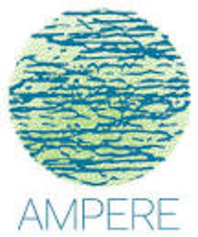
The EU-funded AMPERE project has analysed various projected scenarios on climate change and its effects on society and found that taking action sooner rather than later reduces the costs of mitigation.
Forecast models on the effects of climate change on society and the environment are complex and can yield different results. EU-funded researchers have analysed these scenarios and found overwhelming evidence that taking action sooner rather than later reduces the costs of mitigation. Their research aims to help policymakers make informed decisions to mitigate climate change.
Energy-economy model assessments can inform policy discussions with insights into the costs of decisive climate change mitigation as well as the costs of delaying action. The EU-funded AMPERE project, which ended in January 2014, studied a diverse range of scenarios and was able to demonstrate that taking action sooner rather than later will reduce the costs of climate change mitigation.
Mitigation actions are designed to limit the magnitude of long-term climate change, and generally involve reductions in emissions of greenhouse gases. Mitigation strategies include switching to low-carbon energy sources, such as renewable and nuclear energy, and expanding forests to remove greater amounts of carbon dioxide from the atmosphere. The project’s findings are important for the EU, says project coordinator Elmar Kriegler of the Potsdam Institute for Climate Impact Studies, Germany.
"As European leaders discuss the EU’s 2030 climate policy framework and prepare for the crucial Paris COP 21 (United Nations Climate Change Conference) in 2015, the results of AMPERE are expected to provide timely insights," says Kriegler.
He adds: "The results from several models indicate that the EU could afford unilateral ambitious climate action and that overall carbon leakage would likely be small. If other major emitters reciprocate, a strong signal by the EU can effectively limit global warming. Europe can signal the will for strong emission reductions at manageable economic costs. However, European decarbonisation requires strong 2030 targets and holds challenges as well as opportunities for Europe."
The detailed AMPERE findings have been published in a 2014 special issue of the international journal ‘Technological Forecasting and Social Change’.
Contribution of EU-funded research to IPCC's 5th Assessment Report - Memo 31/10/2014
Read the full article here.